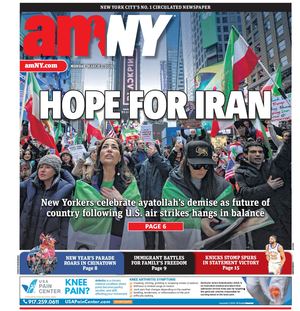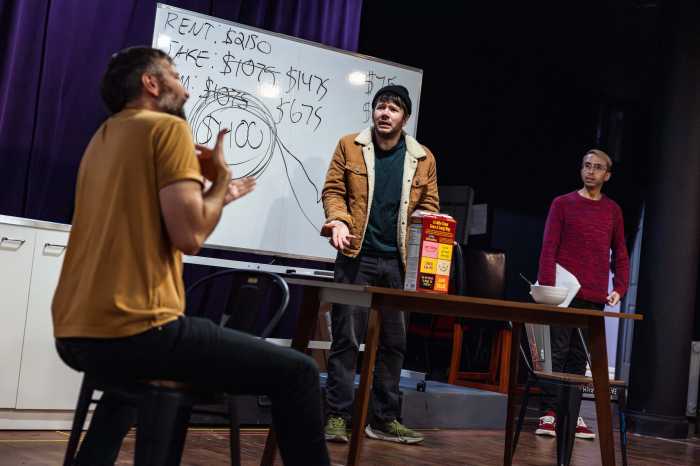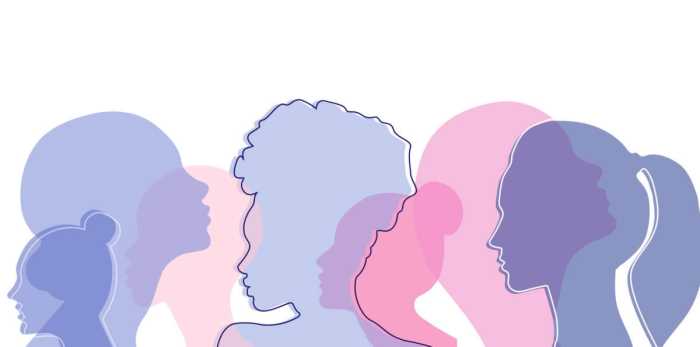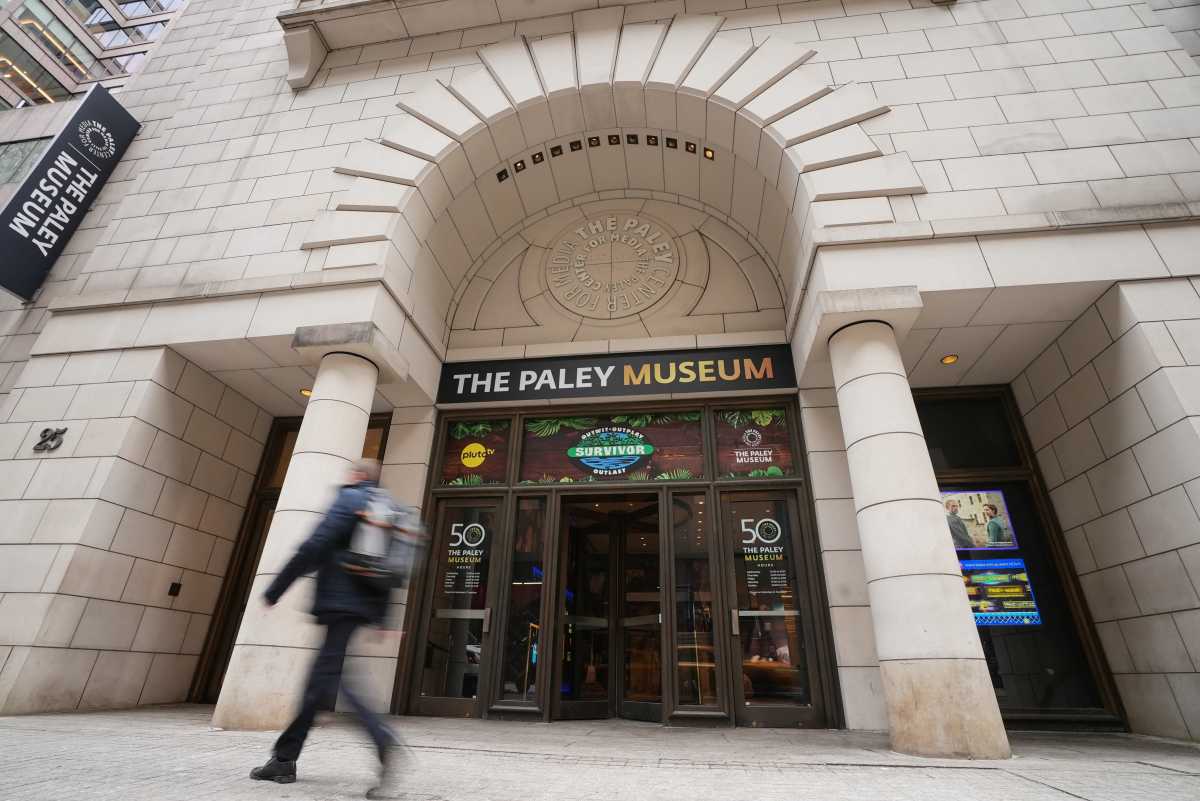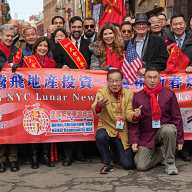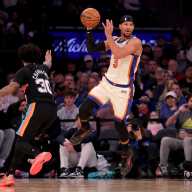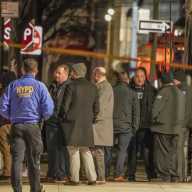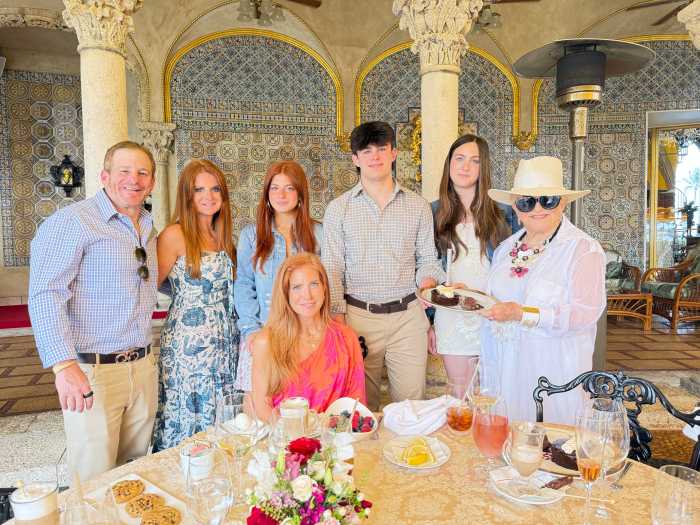The songwriter, rapper, essayist and whiskey enthusiast Dessa was a part of a chart-topping album last fall, performing the previously-unreleased “Congratulations” on “The Hamilton Mixtape.” That record made it to the top of the Billboard 200, so the obvious follow-up is … a four-week performance residency involving neuroscience.
“Part of the last six months of my life has been spent lying on my back, in a 7 Tesla MRI scanner, to see if I could find the love in my own brain,” she says, as an introduction to her “Heartbreakers” series at The Greene Space. “And if I could, then how to get rid of it.”
Mixing song with science, Dessa has put together lineups for each evening that look as much like a fascinating dinner party as a performance. Paper Tiger, her cohort from the Minneapolis hip-hop collective Doomtree, will be joining Dessa on the same night as Columbia University professor of psychology Geraldine Downey, for instance, and also taking the stage will be rappers, singers and cognitive neuroscientists.
amNewYork caught up with Dessa in advance of the first night of her residency to talk breakups, connections and the passion shared by both artists and researchers.
What was the spark for this?
A breakup. I’d had a really lousy breakup with a really awesome dude. I found that I was healing really slowly. You expect that you’re going to eat ice cream and sulk around for a while, but eventually you’re going to perk back up. I was just blue for a really long time. So partly out of vested interest in my own well-being and partly out of scholarly interest I started reading some of the research on what happens to the brain and the body during and after love. I got really into the work of Dr. Helen Fisher, an anthropologist who uses fMRI technology to investigate what the human brain looks like in love, when it’s a reciprocal love and when it’s not a reciprocal love. And I was hooked. Every one of my interests seemed to coalesce there; I’ve been long interested in science, human connection, better understanding the human condition — I studied philosophy in college — and it all came wrapped up in a neat bow. And I thought, I’d love to put out an event that investigates heartbreak both from an artistic and from a really robust scientific viewpoint.
You debuted some of this in Minneapolis, right?
I had this orchestral debut a couple of months ago with the Minneapolis Orchestra. And part of that concert included a mini-TED talk that investigated some of these ideas. But on that stage there were only a few minutes to talk about some of the work I’d been researching. The events at The Greene Space are going to have some music and a lot of conversation, and opportunity to ask questions of the researchers present.
From the outside, combining songwriters and researchers seems like an odd match.
Both fields, music and science, are very often driven by the spirit of inquiry and lifelong driving passion and curiosity. Very few researchers and very few musicians at a dinner party would say, “I did it for the money.” It’s a passion-driven field, and in the particular artists and scientists I’ve invited to participate in the residency, I’ve asked those people who have really been driven to try and understand interpersonal relations, to try and understand why and how people connect, why we fall in love, out of love and what to do if we’re left holding one end of a love that someone else released. … They’re approaching the same phenomenon, but from different vantage points.
If you go: Dessa performs May 11, 17, 24 and 31 at 7 p.m. at The Greene Space at WNYC and WQXR, 44 Charlton St., thegreenespace.org, $15.
